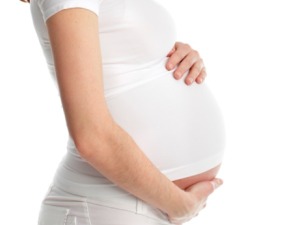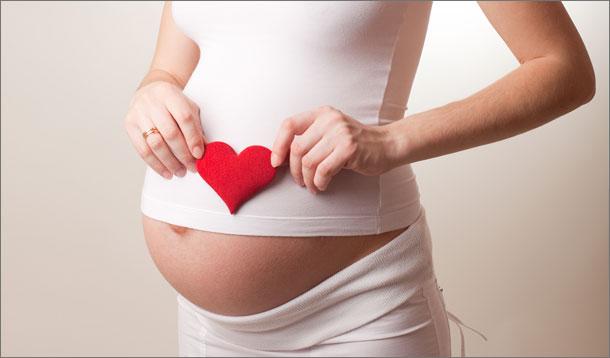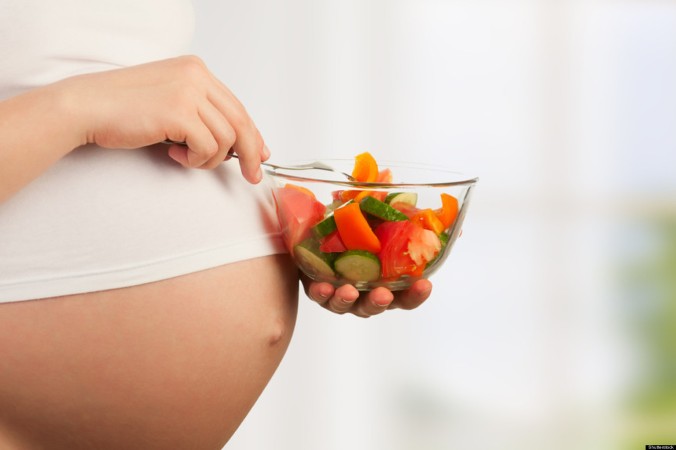There are a lot of doctors who will explain that a weight gain around 11 to 13 kilograms is normal during pregnancy. The first one-and-a-half kilograms should come during the first trimester, although there are a majority of women who lose weight instead.
A big reason for this inability to gain weight is due to one of the earlier side effects of pregnancy – morning sickness, which can prevent food from being kept down. In many cases, doctors might not be concerned with the loss of a kilogram or two during that first trimester as long as there is a healthy weight gain over the next two trimesters.
The second trimester is where most of that 11-13 kilograms should be picked up for an average of about 0.4 kilogram per week or four to five each month. There are some women who may fluctuate between months, which isn’t too much of a concern.
The seventh and eighth month of pregnancy should maintain the two-fifths of a kilogram per week average weight gain for a total around 3.5 to 4.5 kilograms – then the weight gain begins to slow down in the ninth and final month of pregnancy. In fact, this usually comes to a halt when the due date is right around the corner – a sign of the upcoming labor.
But what about all of that gained weight when the baby is born? If the average baby weighs only seven-and-a-half, so what was the other eight to 10 kilograms meant for? Let’s break down where all of the extra weight goes within mommy.
First, there’s the baby. Some babies weigh more – up to around four kilograms – and some weigh as little as nearly three kilograms. The amniotic fluid the baby swam in for nine months is usually worth about two pounds and there’s another kilogram that is accounted for mommy’s breast enlargement for milk production.
There’s also another three-fifths of a kilogram for her placenta and two pounds for the uterus, which used to be about the size of a golf ball. The body also needs to produce nearly two kilograms of blood before deliver, as well as about three extra kilograms of fat and about four pounds of extra fluid the body might hold onto – all equaling towards a grand total of 13 kilograms.
Keep in mind that these numbers are estimates of how much weight is gained that may vary among women – there’s a difference in weight gain and subsequent weight loss between delivering a 4.5-kilogram baby and a 2.2-kilogram baby. Regardless, the important thing is to be able to maintain a healthy weight gain throughout the nine-month process.
The body needs extra calories for both mommy and baby, preferable that come from nutritional options that are the most beneficial for both parties – including fruits, vegetables and proteins. That means staying away from junk food that could create a bigger weight gain than desired.
When it comes to taking that extra baby weight off after having the baby, the body might want to hang onto those kilograms. While you might try to do strenuous workouts to lose the weight quickly, remember that the weight was gained over nine months and could take just as much time to lose it all.
– See more at: http://www.mumzone.com.au/healthy-weight-gain-for-pregnancy/#sthash.ZvMsJW4J.dpuf

 Every parent’s one of the most joyous moments is bringing a new life into this world. Along with this happiness you would also want your maternity period running smoothly. So knowing about the different stages of pregnancy and changes related to them can be a great help to you. So you can always opt to follow week by week maternity guide to check on if everything is going right or not.
Every parent’s one of the most joyous moments is bringing a new life into this world. Along with this happiness you would also want your maternity period running smoothly. So knowing about the different stages of pregnancy and changes related to them can be a great help to you. So you can always opt to follow week by week maternity guide to check on if everything is going right or not.

